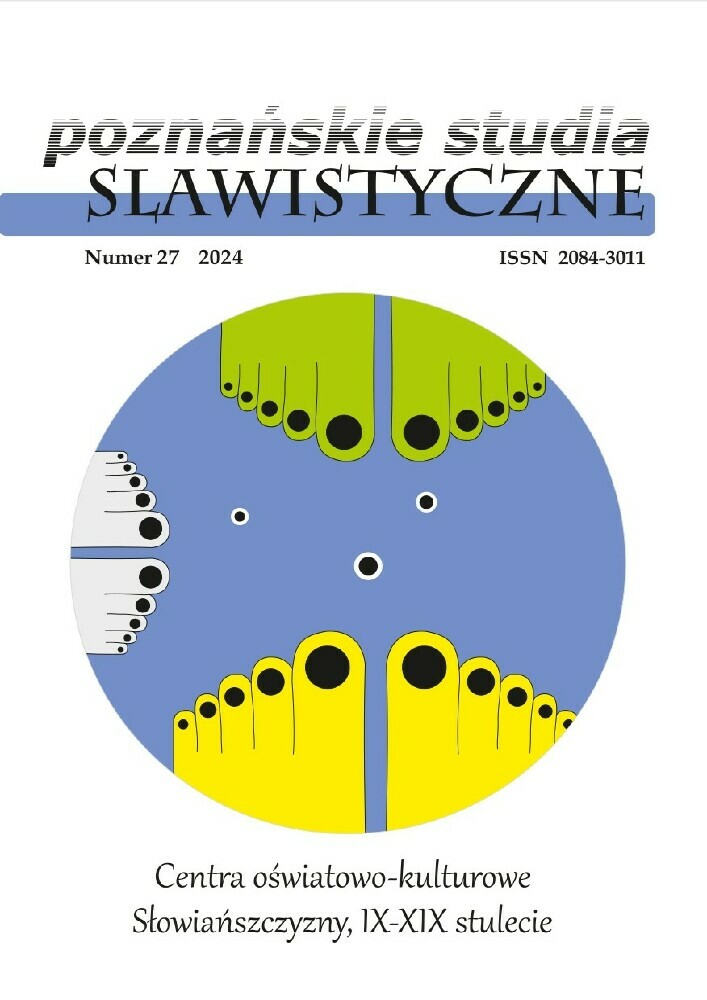Abstract
The subject of this review is Dimitrina Hamze’s book Gender Culture in Proverbs (Based on Material from Polish and Bulgarian Paremiology) – a valuable contribution
to the interpretation of the elements of the cultural code related to the universal issues of male-female relations. Based on a multidisciplinary approach, the author (Associate Professor in Polish language and culture at Paisii Hilendarski University of Plovdiv), reveals the dynamic nature of the axiological meaning of proverbs. The most important results of the profound analysis carried out in the book include: exploring semantic zones of evaluation in the proverbs under investigation (beauty, love, marriage, infidelity, age, intelligence, etc.); recognition of the crypto-evaluative level of proverbial meaning that can stand in contrast to the explicit message; the author’s well-justified conclusion that stereotypes in gender-related proverbs appeal to overcoming rather than strengthening stigmatizing evaluation.
References
Petkova Silvia, Evaluation and stereotypes in male-female relations: insights into the hidden messages of proverbs, “Poznańskie Studia Slawistyczne” 27. Poznań2024. Wydawnictwo “Poznańskie Studia Polonistyczne,” Adam Mickiewicz Uni-versity, Poznań, pp. 349–354. ISSN 2084-3011.
License
Copyright (c) 2024 Silvia Petkova

This work is licensed under a Creative Commons Attribution 4.0 International License.

